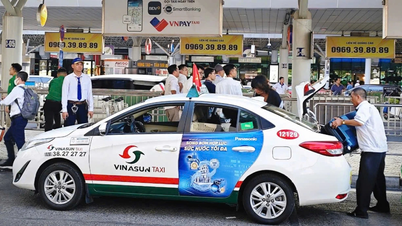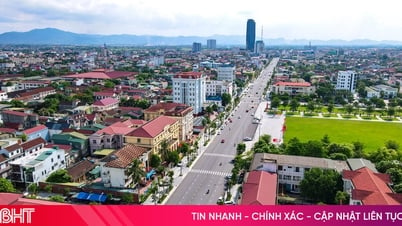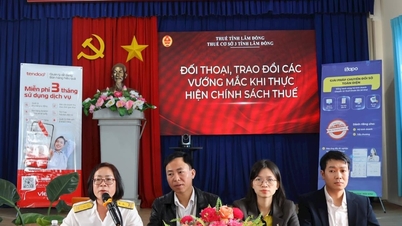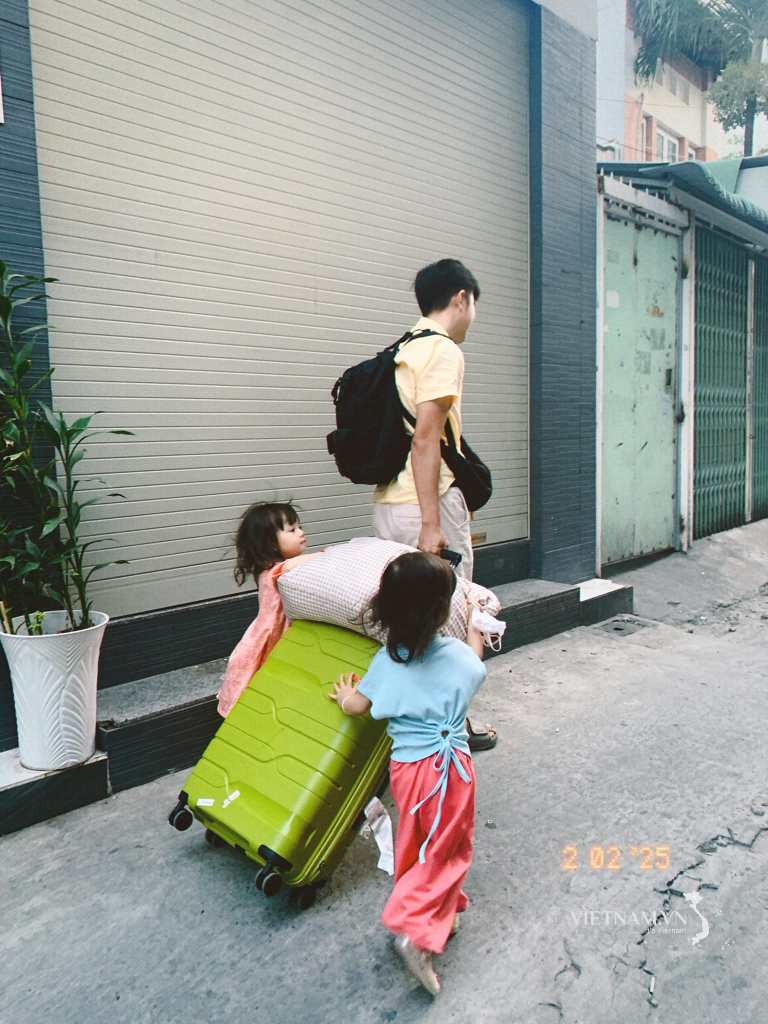In a recent announcement, Be Group said it had achieved positive EBITDA across the company – a notable milestone amid fierce competition in the ride-hailing industry. This result is based on three consecutive profitable quarters through September 2025, and has maintained a steady growth momentum through November.
The company did not disclose its specific scale and profit margin, but said it would reinvest in its team of drivers and service partners, including rewarding students driving technology cars up to VND720,000/month and implementing comprehensive 24/7 accident insurance with a contribution of only VND25,000/week, with a maximum protection benefit of VND1 billion.
Be Group's announcement of a profit shows that the billion-dollar market balance between Be, Xanh SM and Grab is changing dramatically.
The situation turns around
Vietnam is known as one of the fertile markets for ride-hailing applications. A report from Mordor Intelligence noted that the size of the Vietnamese ride-hailing market is estimated to reach 1.05 billion USD in 2025 and is expected to increase to 2.56 billion USD in 2030, with a CAGR of 19.5% in the period 2025-2030.
This market size is growing rapidly in the context of Vietnam undergoing rapid digital transformation, driven by urbanization and increasing technology adoption.
In 2024, the billion dollar situation has turned around once.
In September 2024, the market was surprised when Gojek - a technology-based ride-hailing company from Indonesia - officially announced its withdrawal from the Vietnamese market, ending its 6-year journey of operation. This decision was made in the context of Gojek's increasingly difficult business in Vietnam, with fierce competition from domestic and foreign rivals.
When it launched in Vietnam in August 2018 under the name GoViet, the company had a promising start by quickly expanding from motorbike-hailing services, goods delivery to online food. However, the fierce competition made it difficult for the app to optimize profits in Vietnam. According to a source, Gojek left Vietnam with an accumulated loss of up to 6,000 billion VND.
“The one who stays” Grab, despite being the leader in revenue, is also suffering from accumulated losses of up to thousands of billions of VND. In the context of the rise of domestic forces such as Xanh SM or Be Group, Grab has gradually lost its throne in Vietnam, giving way to domestic forces.
According to the recently released 2024 annual report, Grab recorded revenue of 228 million USD in Vietnam, an increase of nearly 23% compared to 185 million USD in 2023. However, this increase decreased significantly compared to the period 2022-2023 (when the growth rate was up to 70%). This shows that Grab's growth momentum in Vietnam is showing a clear downward trend compared to other markets in the Southeast Asian region.
In the taxi segment, according to a report, Grab is "weaker" than Xanh SM. In the food delivery segment, Grab lost its throne to Be Group. According to Cimigo's report on Super App Usage Habits in Vietnam (5/2025), 3 out of 8 most popular services today come from the 2-wheeled vehicle calling segment: ride-hailing, delivery and food delivery, the "made in Vietnam" application is leading the domestic market with a steady growth momentum since reaching positive gross profit in August 2022.

Many new forces are about to rise.
Besides the familiar names mentioned above, the market still has many quiet "players" in the technology-based ride-hailing market.
Take TADA, a ride-hailing app from Singapore owned by MVL Foundation. In 2019, this app entered the Vietnamese “playground” with a special model - using user data to develop new services and selling this data to cooperating businesses, thereby creating a source of income.
In the world , TADA is also known as the first ride-hailing app that does not collect commission from drivers. In Vietnam, although not prominent, the success of this unit is that it has "lived well" in the fierce market for more than 5 years and is gradually "appearing" on the streets of Ho Chi Minh City.
Or Bolt - earlier this year showed many moves ready to enter Vietnam. For example, Bolt is actively recruiting staff in big cities ( Hanoi , Ho Chi Minh City), calling for cooperation from drivers.
This is also a “unicorn” technology company valued at up to 8 billion USD. Currently, this ride-hailing platform is present in over 50 countries, especially in some large markets in Southeast Asia, including Thailand (2020) and Malaysia (November 2024).
Amidst the fierce competition, parties are known to be investing in AI to maintain their position. In an announcement in April, Grab said it had developed a strategy to apply artificial intelligence (AI), thereby "personalizing" technology for each person from transportation, ordering food to traveling abroad. Or Be Group, in February also cooperated with a third party, Aitomatic, to apply AI to operate the super app.
Source: https://dantri.com.vn/kinh-doanh/be-va-xanh-sm-troi-day-vi-the-thong-tri-cua-grab-lung-lay-20251111191903168.htm


![[Photo] Chu Noodles - the essence of rice and sunshine](https://vphoto.vietnam.vn/thumb/1200x675/vietnam/resource/IMAGE/2025/11/11/1762846220477_ndo_tl_7-jpg.webp)




![[Photo] Prime Minister Pham Minh Chinh receives Lao Minister of Labor and Welfare Phosay Sayasone](https://vphoto.vietnam.vn/thumb/1200x675/vietnam/resource/IMAGE/2025/11/11/1762872028311_dsc-2246-jpg.webp)



























































































![Dong Nai OCOP transition: [Article 3] Linking tourism with OCOP product consumption](https://vphoto.vietnam.vn/thumb/402x226/vietnam/resource/IMAGE/2025/11/10/1762739199309_1324-2740-7_n-162543_981.jpeg)








Comment (0)